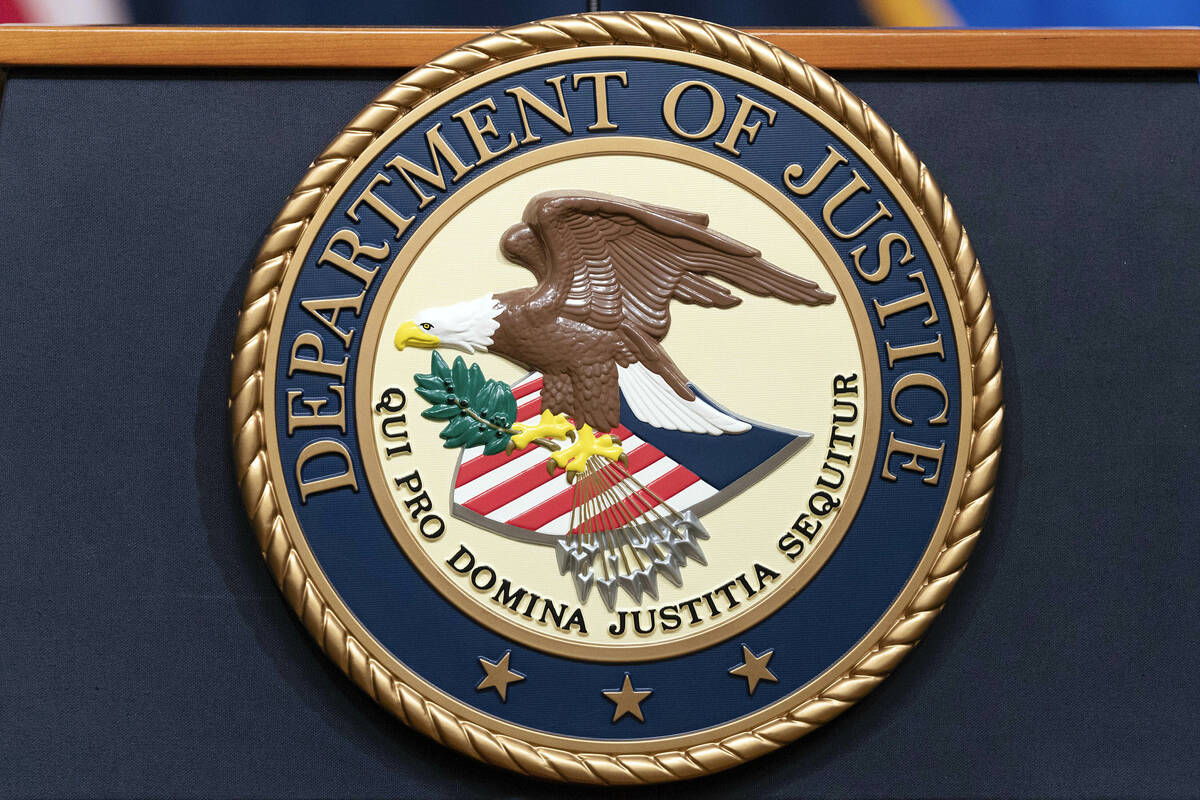The recent controversy surrounding President Donald Trump’s anti-crime initiative in Washington, D.C., has ignited renewed discussions about public safety in the capital. Initially met with skepticism, the initiative was criticized by several Democrats and media outlets who argued that crime rates in the city were declining, possibly reaching their lowest levels in three decades. However, after two weeks of increased law enforcement and rising arrests, a growing number of voices are acknowledging that crime remains a significant issue.
One notable perspective comes from Ebony Payne, a neighborhood commissioner in northeast Washington. In a report by the Wall Street Journal, she expressed her frustration regarding the city’s response to crime, which includes assaults, break-ins, and threats to residents. Payne noted that some community members felt relieved by Trump’s initiative, highlighting a desire for more effective policing. “We all wanted something to be done,” she stated, reflecting a sentiment that resonates with many residents feeling unsafe.
The conversation extends beyond local voices. Columnist Maureen Dowd, who has deep ties to the city, remarked on the mixed feelings among residents. She conveyed that while city officials and many liberal residents were outraged by Trump’s portrayal of D.C. as a “hellscape,” there is an undercurrent of support for increased police presence. Dowd herself carries pepper spray, indicating a personal sense of unease in her own neighborhood.
In discussing the complexities of the situation, former prosecutor and CNN legal analyst Elie Honig provided a critical perspective. He acknowledged Trump’s flaws but also recognized that the president’s call for action aligns with the legal framework. “Yes, Trump is hypocritical and scattershot on public safety,” Honig remarked, “But he happens to be within the law here and he happens to be right.”
The conversation around crime in Washington took an interesting turn when The Atlantic, a publication often critical of Trump, published an article asserting that D.C. does indeed face a serious crime problem. The headline, “Trump Is Right That D.C. Has a Serious Crime Problem,” reflects a significant shift in the narrative. The article emphasized that the city has a longstanding violence issue requiring deliberate intervention.
The D.C. Police Union, representing 3,200 officers, has voiced strong support for Trump’s initiative. Union chief Greggory Pemberton stated, “We completely agree with the president that crime in the District of Columbia is out of control and something needs to be done.” The union recently shared statistics comparing crime rates before and after the implementation of Trump’s initiative, indicating notable decreases in several categories, including a 46 percent drop in robbery and an 83 percent reduction in carjackings.
Despite the positive statistics, skepticism remains about the reliability of crime data from the Metropolitan Police Department. Allegations of manipulating statistics, particularly downgrading felonies to misdemeanors, have emerged. These claims have fueled the argument that the crime problem may be more severe than official reports suggest.
As the debate continues, there is a growing consensus that crime in Washington D.C. is a serious issue that cannot be overlooked. The evolving narrative reflects a significant departure from the early dismissal of Trump’s claims. With crime rates and public safety at the forefront of discussions, the city’s leadership may need to reassess their strategies and engage with community concerns more effectively. The situation underscores the complexities of urban crime and the challenges of governance in a politically charged environment.
